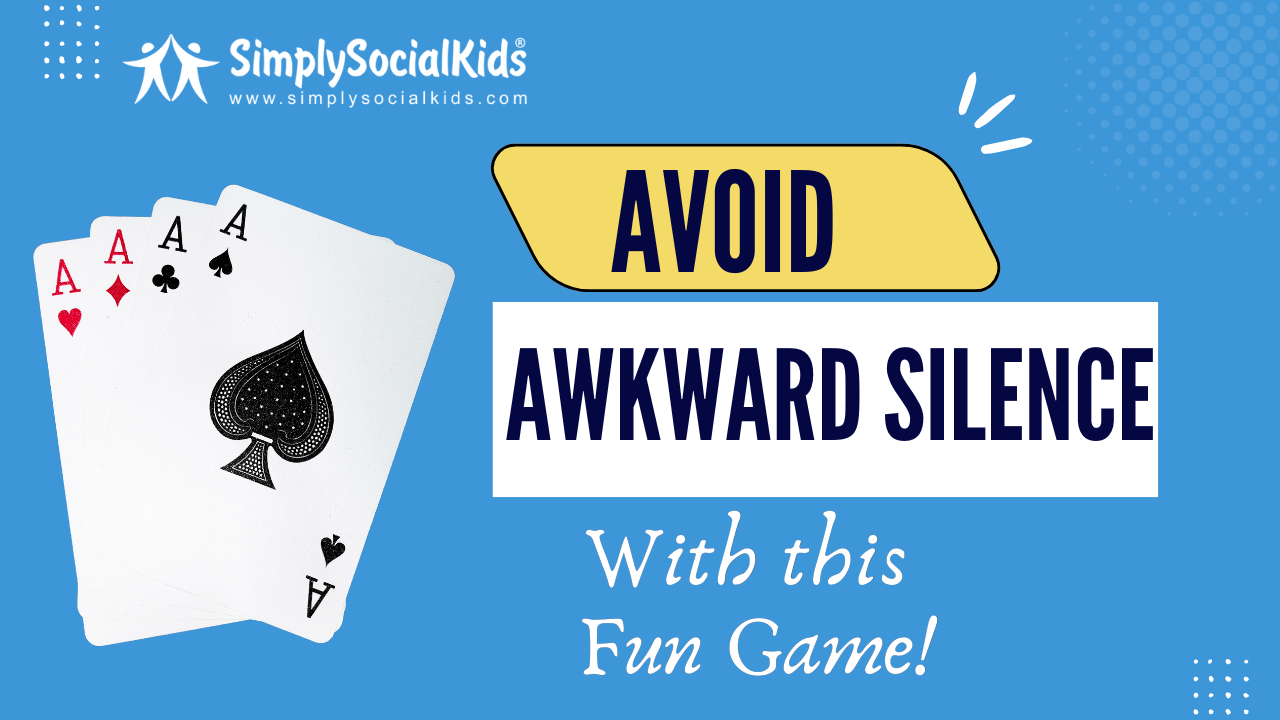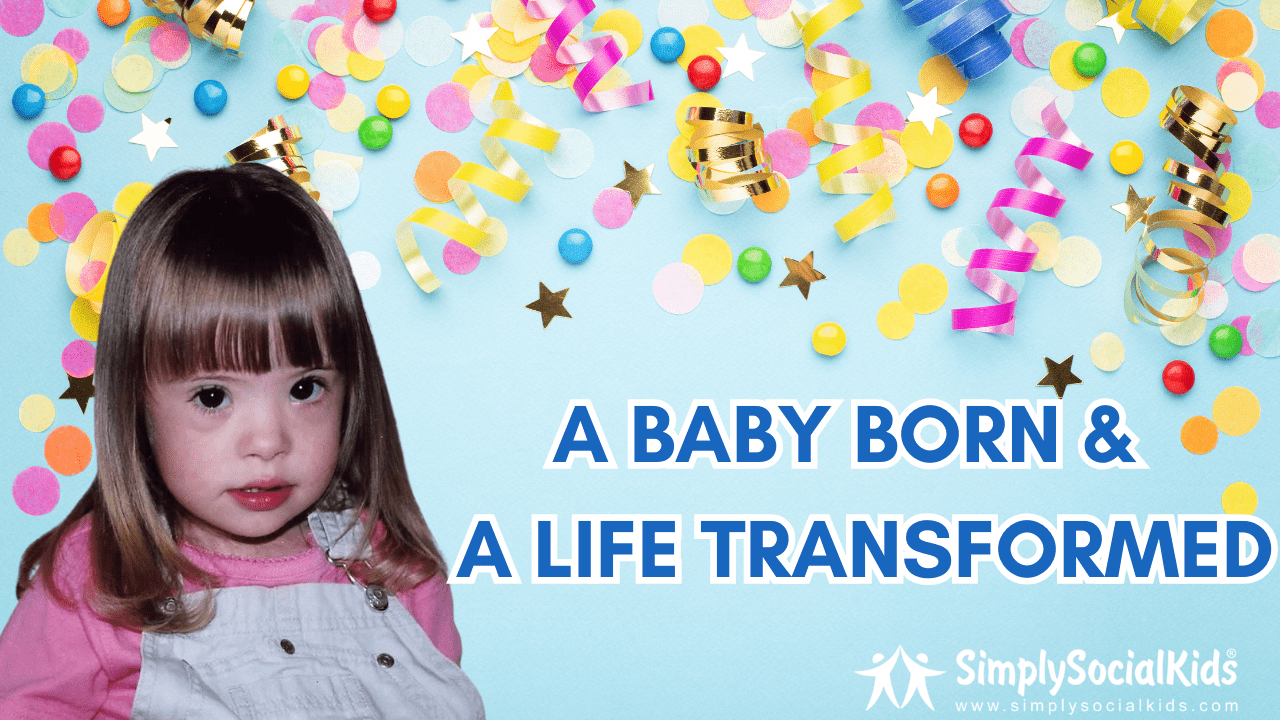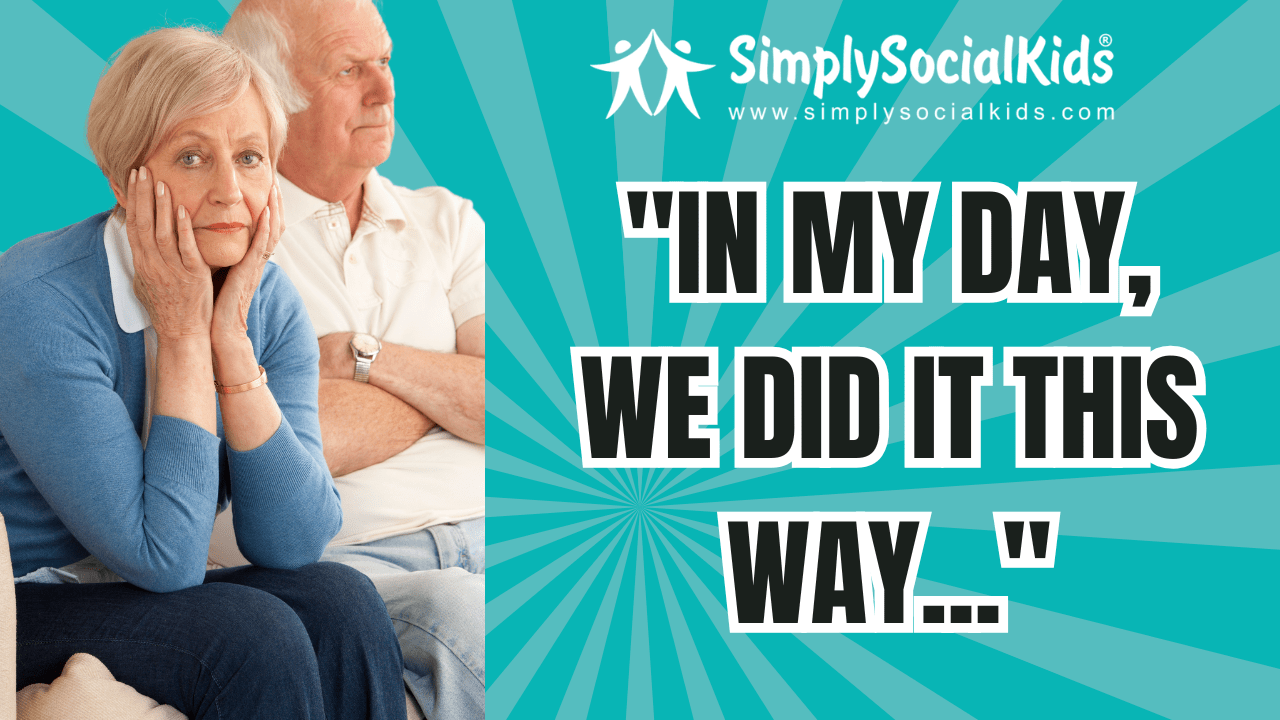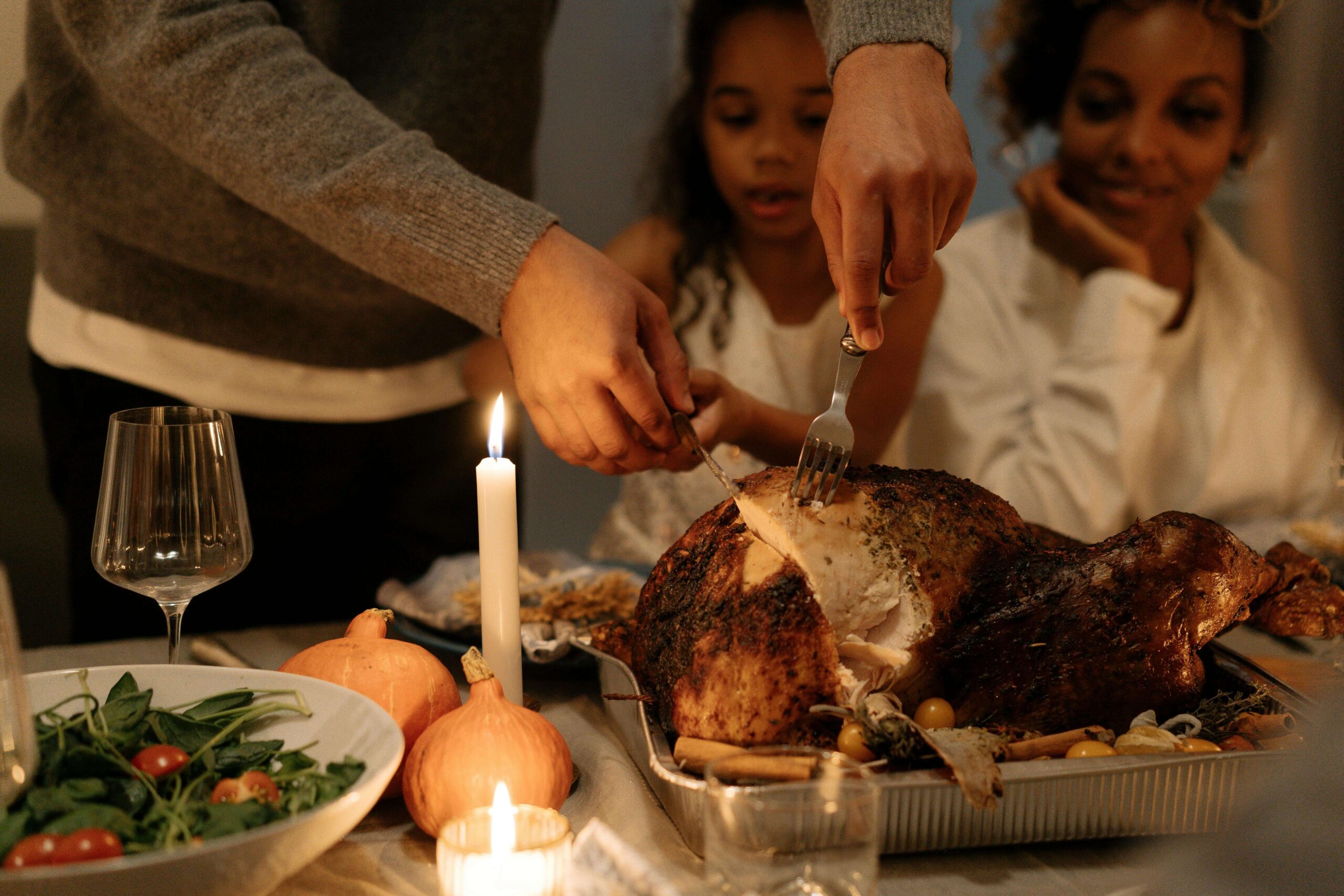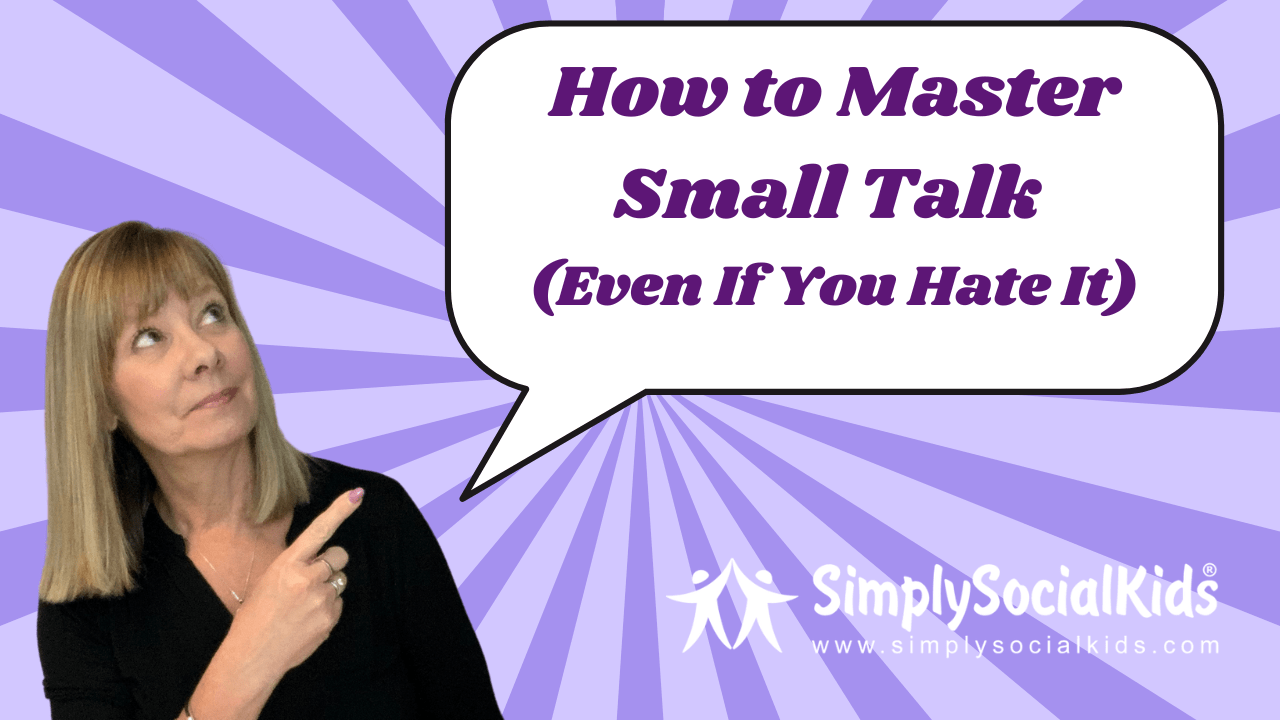
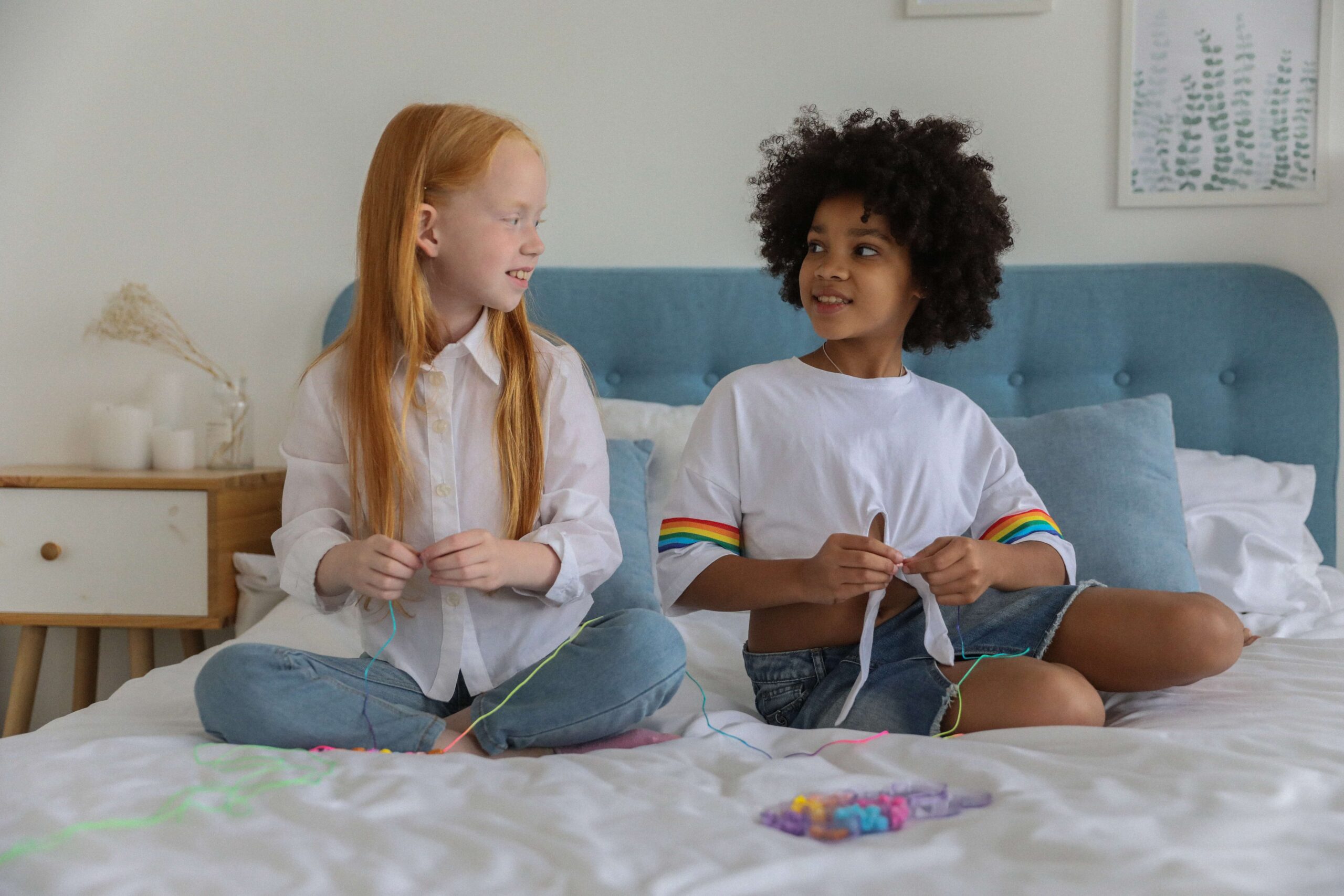
Friendship is an important part of childhood and can have a significant impact on a child’s overall well-being. Teaching children essential friendship skills can help them form positive and healthy relationships. Here are a ten tips for helping children develop the skills they need to be a good friend:
Children might need to be reminded that friendship is a back and forth of ideas and play preferences. Encourage sharing and cooperation during playtime. Children learn how to be a good friend by sharing and working together. Encourage your child to share their toys, take turns, and play cooperatively with others.
Empathy is the ability to understand and share the feelings of others. Teach your child perspective taking by challenging them to put themselves in the shoes of their friends and to consider how their actions might affect others. This is particularly difficult for children with social challenges, but it can be learned with practice.
Active listening is the ability to pay attention and respond to what others are saying. Encourage your child to listen carefully to their friends and to respond in a thoughtful and respectful way. Practice asking follow up questions to stay engaged in the conversation. Kids might need to be reminded that they should actively listen even if they are not particularly interested in the topic. This shows the other person that you care about them and their interests.
Conflict is a normal part of any relationship, and it’s important for children to learn how to handle it in a healthy way. Teach your child how to use “I” statements to express their feelings and to listen actively to the other person’s perspective. For example, “I don’t like it when you grab toys from me.” The key is to remain calm and take the time to solve the problem so angry feelings don’t escalate. It’s helpful to children when they see you handle your own conflicts calmly and without anger. Parents can be great role models.
Kindness and generosity are essential qualities of a good friend. Encourage your child to be kind and generous to their friends and to look for opportunities to help others.
Apologizing is an important part of any relationship. Teach your child how to apologize when they make a mistake and how to forgive when someone apologizes to them. Help them to understand that apologies are saying that you’re sorry, actually being truly sorry, and not repeating the action that resulted in a need to apologize.
Encourage your child to talk openly and honestly with their friends. Let them know that it’s okay to talk about their feelings and to ask for help when they need it. It is also important for them to verbalize what they want to play and how they want to play it. Some kids will have an idea in their heads about how they want to play something, but they don’t share that vision with their friend. Many kids have gotten frustrated during play time if others aren’t following their “secret” plan.
Encourage your child to think about their own thoughts and feelings, and to understand how their actions and reactions can affect others. If they have social challenges, it’s okay for them to express what is hard for them. For example, a child with ADHD could say, “you might notice that I get pretty excited about stuff when I’m having fun.”
The best way to learn is by experience. Let your child learn to deal with different situations, but be ready to help them when they need it. Life can be busy, but it’s really important to schedule playdates and social outings so your child is able to practice good friendship essentials.
If your child continues to have difficulty making and keeping friends, enroll in a social skills group where your child and learn these friendship skills with an experienced social coach to guide them. Simply Social Kids offers free trial groups so you can check it out and see if it’s right for your child.
By teaching these essential friendship skills, you can help your child develop the confidence and social skills they need to form positive and healthy relationships with their peers.
If your child/teen/young adult needs coaching to help them make friends, contact us to schedule a trial https://calendly.com/simplysocialkids/30min or find out more about our weekly programs by contacting us at 978-764-2758 or info@simplysocialkids.com.


